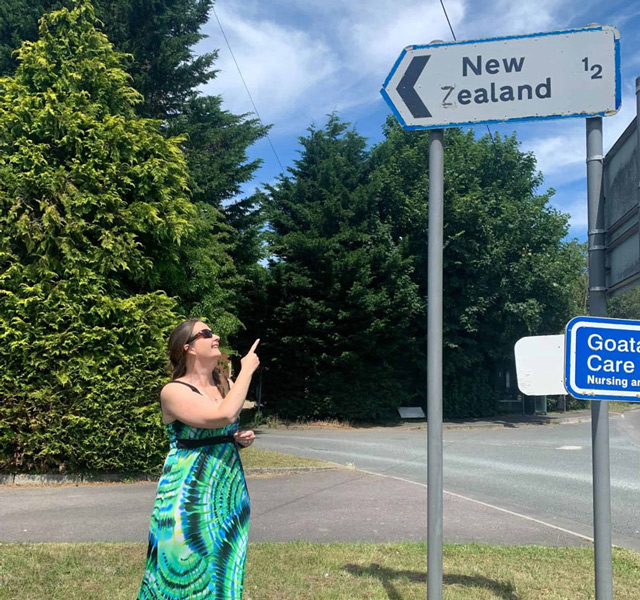Changing the narrative
I found myself reflecting on the very current discussions in New Zealand about how we tell our history. Much of the history that has been taught in our schools has been about British settlers and explorers and not about Māori ways of life, explorers and navigators, or Māori experiences of colonisation. We have taught about the world wars but have neglected to teach about the land wars where vast swathes of land were taken by the Crown through violence and given to soldiers and settlers. This is uncomfortable history for many of us as Pakeha, but vitally important. Thanks to those who have refused to stay silent on this issue, our education curriculum is being revised and iwi and communities are working together to create monuments and educational tours that mark other parts of our history which have not been as widely shared.
Telling their story
In any country, it is generally those with the power who narrate history. It’s the same for children who are in care, in schools, in youth justice and those involved with social services. Adults write the notes and decide the narrative. How much is lost? How much goes untold, and later unremembered? That’s one of the reasons I love working for Mind Of My Own. We help children and young people tell their stories – share their good news, record their worries, and their experience. All seen through their eyes and told in their words. And when they are done, we supply their stories to their teachers and workers in a pdf document. It is displayed word for word, just as it was written, to be included on their records. So when these children come to read their records later on in life, they will see the things that mattered most to them reflected in their recorded history.
Book a NZ or Australia Demo with Rachel to find out more.
Come join in the conversation @mindofmyownapp




